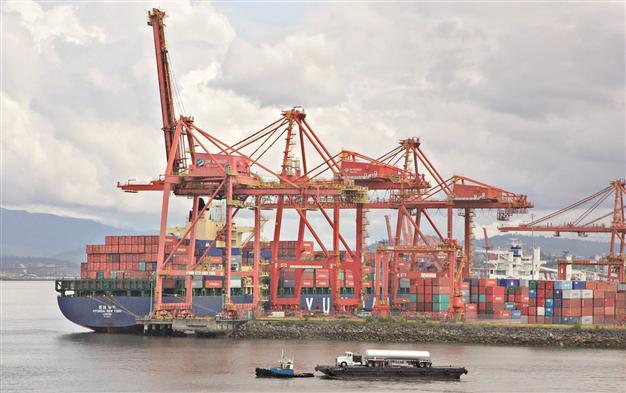Turkish economy to progress if reforms made: World Bank
ISTANBUL

In 2013, the Turkish government promised several reforms to attract more investment and diversify production, but progress has stalled amid an election cycle and regional security challenges.
Turkey could become a high-income nation within five years if the government boosts productivity and embraces much needed structural reforms to improve the rule of law, the World Bank’s country director said late on Jan. 12.
The Turkish economy has enjoyed more than a decade of impressive growth under prime minister and now President Tayyip Erdoğan and his ruling Justice and Development Party (AKP), Martin Raiser said. However, mounting global financial headwinds, along with a large current account deficit and lagging foreign investment, have taken their toll. The government has cut its growth forecasts for 2014 and 2015 to 3 percent and 4 percent respectively.
Raiser told Reuters that he was hopeful Turkey can push per capita gross national income above the high-income threshold of $12,746, from nearly $11,000 in 2013.
“I would argue that Turkey is now in a position where it wants to no longer be in the basket of the Nigerias, but rather the basket of the Polands and the Mexicos,” he said.
Last week, Raiser unveiled a new World Bank report showing that Turkey has attracted much less foreign capital since the global financial crisis, after peaking in 2007.
In 2013, the government promised a raft of reforms aimed at overhauling institutions to attract investment, diversify production and boost participation in the workforce. However, progress has largely stalled amid a bitterly contested election cycle and regional security challenges.
'Special ties with EU matter' If reforms are enacted, and Turkey exploits its special ties with the European Union to bring its institutions into line with European standards, progress can resume, Raiser added.
Turkey began EU accession talks in 2005 but they have largely stalled amid disputes over Cyprus, human rights and basic freedoms. Raiser said plummeting global oil prices risked making investors more risk-averse, but could also help Turkey, which relies heavily on imported energy, shave a percentage point off its current account deficit and lower inflation.
Even the insecurity that has engulfed neighboring Iraq and Syria could present opportunities in the medium term, if Ankara can maintain regional trade links and establish itself as an energy hub, he suggested.
“[Assuming] the region returns to some mode of stability, Turkey would clearly be very well placed to benefit economically from that,” Raiser said.
